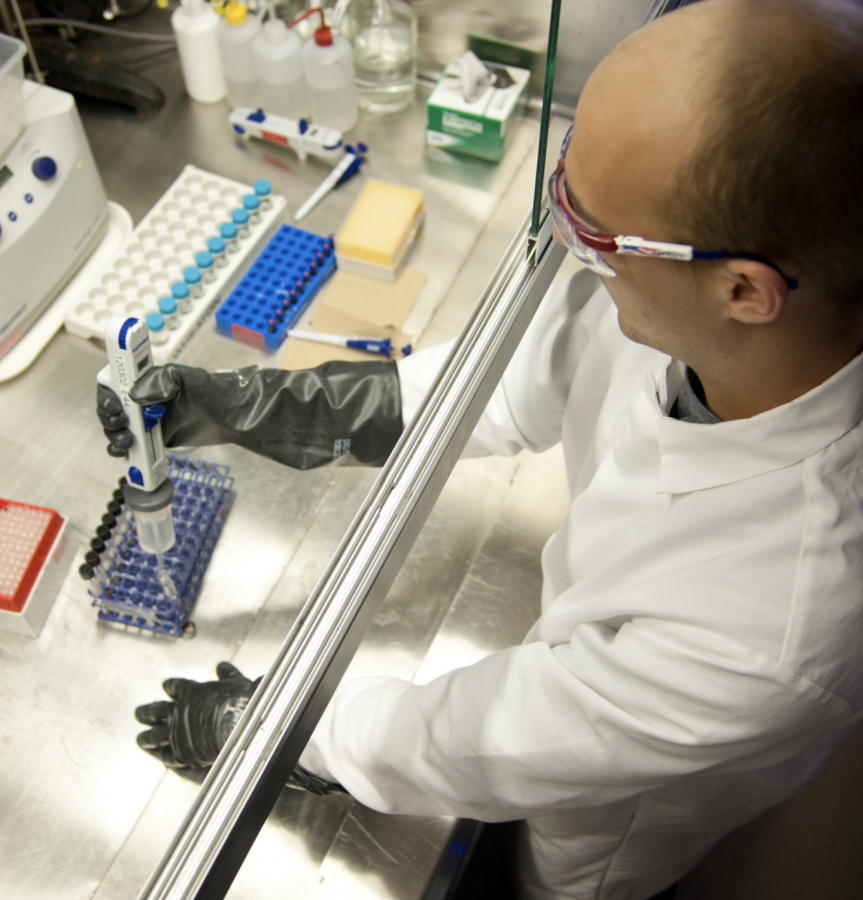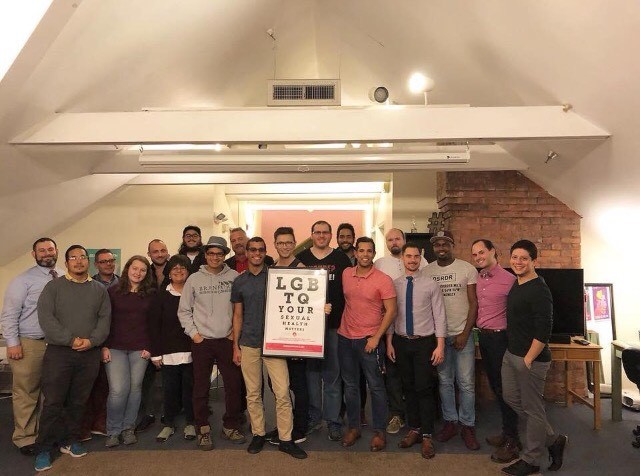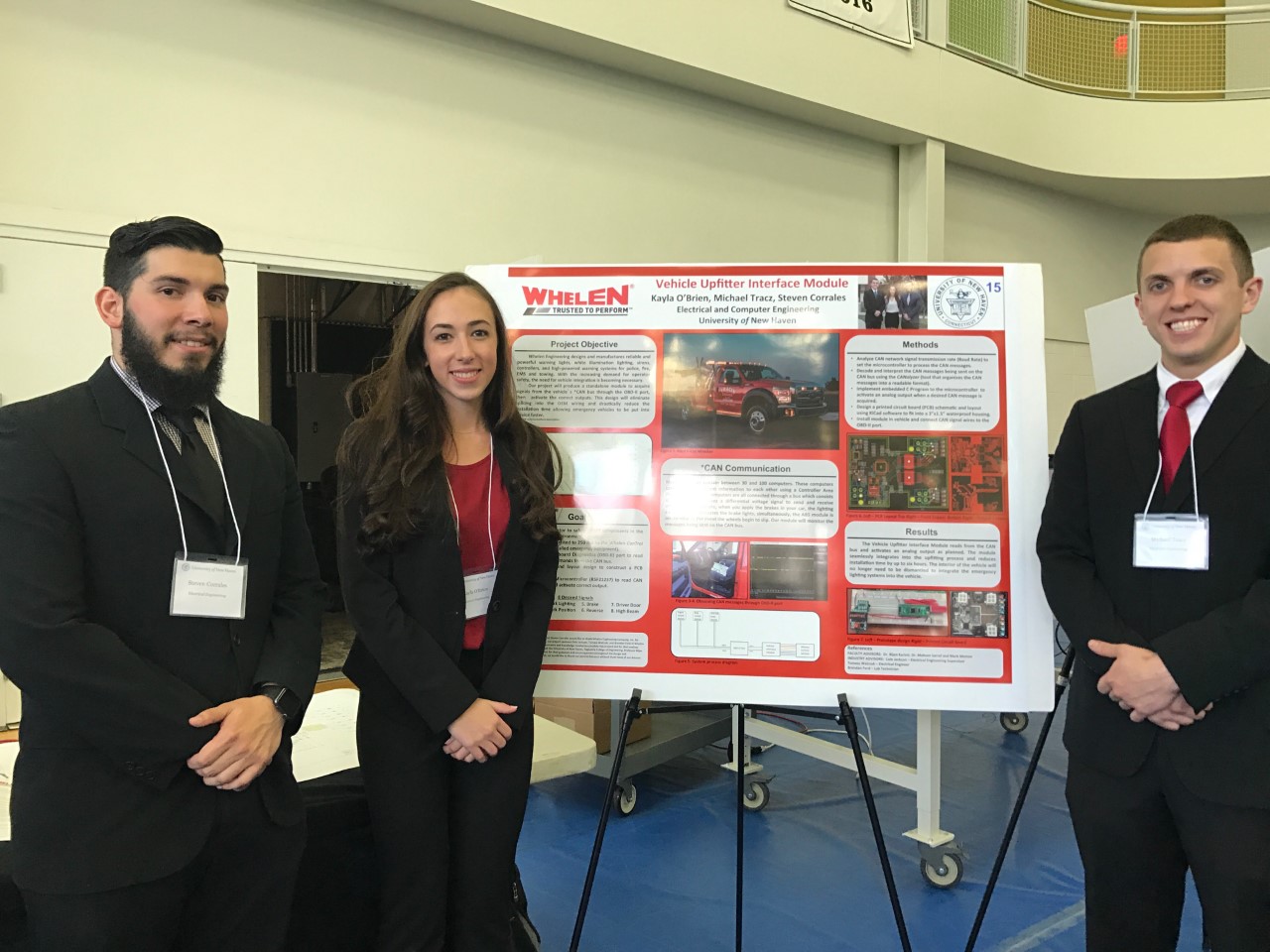The world’s population is growing at a rapid rate, and in order to keep up with the demand for resources, modern scientists are constantly trying to think of innovations that will advance our ever-evolving society. A new development in a Dutch lab definitely fits this bill, as they have been able to develop “test-tube” hamburger from the stem cells of cows.
Mark Post, the scientist behind the research, says that his aim is to invent an efficient way to produce skeletal tissues, that mimics meat, and that will eventually replace the entire meat-animal industry. The ingredients for the first burger are still in what Post calls the “laboratory phase,” but he says that by the fall they will have developed a couple of thousands of small tissues that they will be able to use to make a hamburger.
Post spoke at a symposium titled “The Next Agricultural Revolution,” which is aimed at reducing the environmental and health costs of food production. They believe that conventional meat and dairy production requires more land, water, plants, and disposal of waste products than almost all other human food. After all, we have to feed the animals, give them a place to graze, and in the end, we end up wasting most of the product.
Speakers at the convention applauded Post’s research, since the demand for meat worldwide is expected to rise 60 percent by the year 2050, yet we do not have enough space for this. Nicolas Genovese, who organized the symposium, explained that, “The majority of earth’s pasture lands are already in use,” and that they only way society would be able to meet this demand is if we destroy even more of the planet. This would result in a loss of biodiversity, and a host of other problems including increases in disease.
Patrick Brown, of Stanford University of Medicine told reporters that, “Animal farming is by far the biggest ongoing global catastrophe, and it’s incredibly ready to topple. It’s an inefficient technology that hasn’t changed fundamentally for millennia.”
Like Mark Post, Brown is trying to develop meat products in the laboratory. He says that he will spend the rest of his life trying to make products that mimics meat, but that are made entirely from vegetable sources. He believes that Post’s venture will still have a high environmental cost, and that’s why he wants to rely solely on plant sources.
While they are both taking different approaches, both scientists say that no companies in the existing meat industry have expressed interest. However, other groups have shown interest, especially PETA. They are happy that scientists are taking the initiative to try to change the animal-meat industry, which they have always publically protested.
If Mark Post and Patrick Brown are able to make products that mimic meat, with a lower environmental cost, they may just change the way that the world eats forever. While it is unlikely that they will be able to oust the meat industry completely, it is possible that more people across the globe would be able to enjoy meat – or at least a meat like product.








